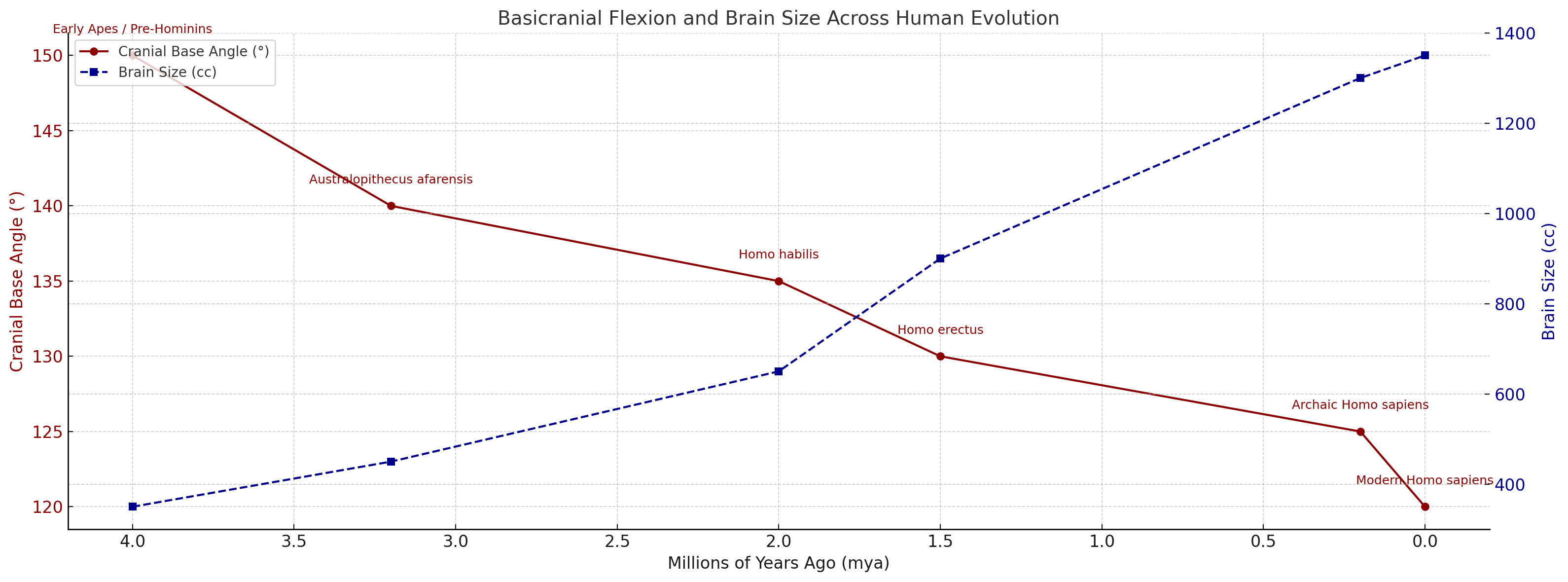The day God failed to understand the sun
A story of encounter, misinterpretation, and the difference between creating and commanding In the year 1540, under a sun so unrelenting it bleached bone and belief alike, the first Spaniards arrived in the high desert lands of what they called Nuevo México. They came armoured, cross-bearing, speaking of one true God and the divine right to plant flags where no one had asked for them. Their leader, a conquistador with polished ambition and questionable maps, had been told of golden cities. Instead, he found pueblos, villages of mud and memory, built into the very bones of the land. No towers, no thrones, no cathedrals. Just people who seemed to know exactly where they were. ...



